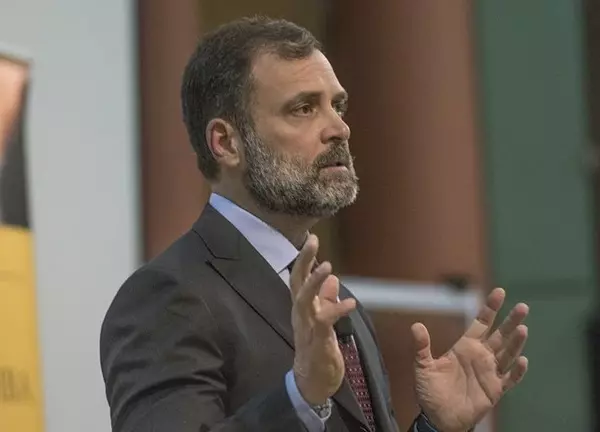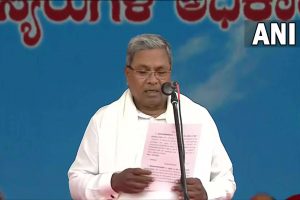Congress leader Rahul Gandhi has been granted bail today after he was sentenced to two years in jail by a Surat court in a criminal defamation case. At a rally in Karnataka’s Kolar, during the 2019 Lok Sabha elections, Gandhi made a statement–“How come all thieves have the common surname Modi?” The Congress leader had to provide a surety of Rs 15,000 and stayed the sentence for 30 days to allow him to appeal.
This is not the first time that Gandhi has been granted bail after being sentenced by a court.
In 2015, the Wayanad MP along with his mother and former Congress President Sonia Gandhi were granted bail in the National Herald case that was pursued by BJP leader Subramanian Swamy.
In November 2016, Maharashtra’s Bhiwandi court granted bail to the junior Gandhi in another case filed by an RSS worker. Gandhi had claimed that the RSS had killed Mahatma Gandhi.
While bail is a matter of right provided to a citizen of the country, legal experts said that repeated bails on for multiple alleged offences can weigh against a person.
“Repeated bails for multiple alleged offences is not a right. Going forward, this may go against a person in cases of convictions by court. The courts including appellate court will have its discretion in granting bail after considering all relevant facts including grounds for conviction and sentence passed by the magistrate court,” Manoj Kumar, legal expert and Managing Partner of Hammurabi and Solomon told India Narrative. “Courts have the powers to modify bail conditions as well, depending on the conduct of the person and also the level of cooperation with investigation,” Kumar added.
Under Section 437(5) and 439(2) of the Code of Criminal Procedure (CrPC), the court has the power to cancel any bail even at a later stage.
Experts also said that the judiciary process in India continues to be fiercely independent and is provided for in the Constitution of the country.
In case a convicted person feels unduly sentenced, s/he can always go to a higher court.
In 2019, Gandhi was granted bail by a Mumbai court in a defamation case filed by another RSS worker. The Congress leader made a remark linking activist-journalist Gauri Lankesh’s murder with the “BJP-RSS ideology”. The bail was granted on a surety amount of ₹15,000.




















